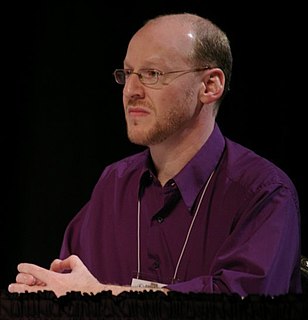A Quote by Jonathan Nolan
I'm a big believer in pose some questions and then answer a few of them before you move onto the next set of questions.
Related Quotes
I did answer all of the questions put to me today, ... Nothing in my testimony in any way contradicted the strong denials that the president has made to these allegations, and since I have been asked to return and answer some additional questions, I think that it's best that I not answer any questions out here and reserve that to the grand jury.
Tennis is a great game, a great sport because you're out there by yourself, so you have to move on to the next point, next game, next set, whatever. It's the same thing in basketball. If you miss a shot, you move onto the next one. If you turn it over, you move onto the next play. That certainly helped me.
Indeed, the only truly serious questions are ones that even a child can formulate. Only the most naive of questions are truly serious. They are the questions with no answers. A question with no answer is a barrier that cannot be breached. In other words, it is questions with no answers that set the limit of human possibilities, describe the boundaries of human existence.
When people ask me what philosophy is, I say philosophy is what you do when
you don't know what the right questions are yet. Once you get the questions
right, then you go answer them, and that's typically not philosophy, that's
one science or another. Anywhere in life where you find that people aren't
quite sure what the right questions to ask are, what they're doing, then,
is philosophy.






































